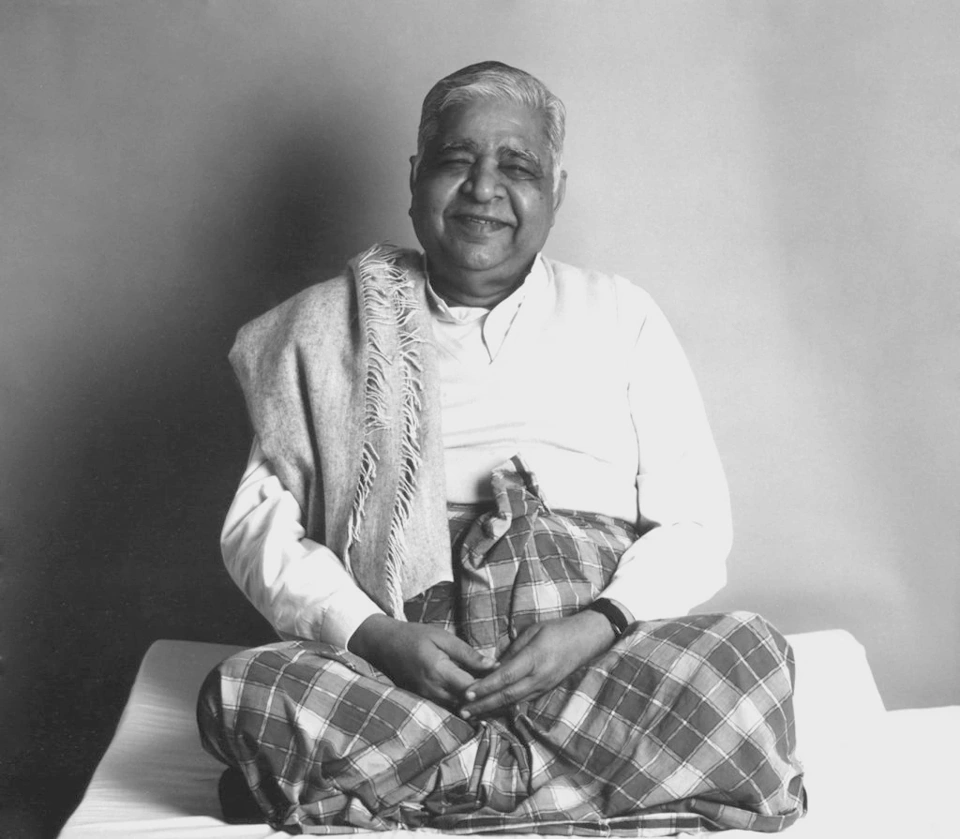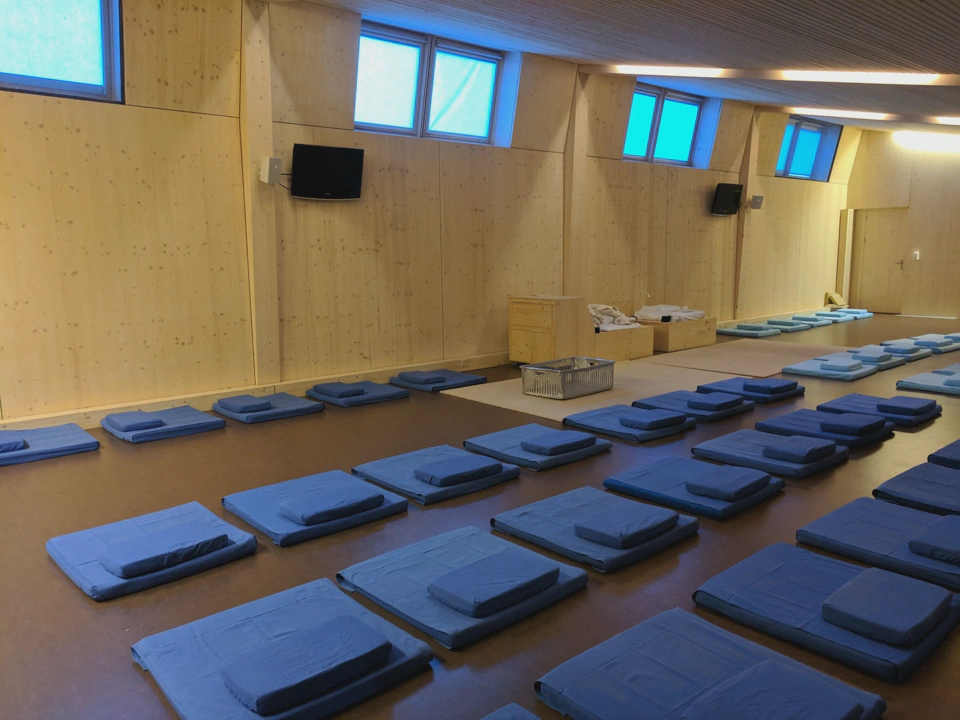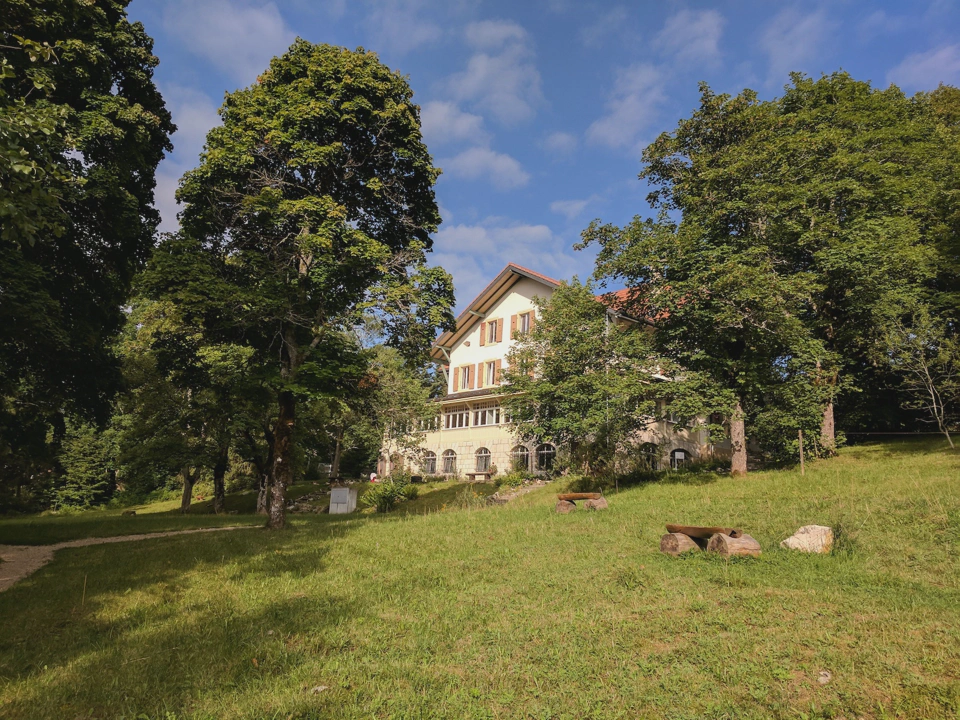In the last 40 days I have spent 160 hours meditating and it’s been the best investment I’ve done in years. Here is why.
Earlier this year I came across an interview with Yuval Harari in which he talked about Vipassana, a meditation technique that he has been practicing for 17 years. I found it interesting that a lay person would spend two hours per day and a full month per year meditating, so I looked for more information and this is what I found: you learn the technique by attending a ten day course where all you do is meditate for ten hours a day. During that time you can’t talk with other students and you can’t distract yourself with electronics or books. The most flabbergasting part? They give you food, shelter and instruction and you don’t pay anything. You can make a donation only after you have completed the course. The organisation teaching this technique runs solely on donations since the 1970s and 120,000 people per year attend these courses.

This sounded interesting.
Over the last 15 years I’ve tried different meditation techniques, but I’ve got no better results than an elusive sense of serenity and the pride that comes when you tell yourself “today I’ve meditated”. Spending ten days learning yet another technique was not an easy decision. However I had been struggling for too long trying to stop myself from making the same stupid mistakes. Despite all the books I read on habits, psychology, philosophy, mindfulness or stoicism, I wasn’t making any progress. If I wanted different results I would have to do things differently, right? Well, this course looked different enough. I asked my wife and she decided to join me.
Three months later, on August 9th, we headed to the Swiss Vipassana center, we said goodbye to each other and, for the next ten days, we woke up to gongs and meditated from 4.30am to 9.30pm. By the way, as luck would have it our teacher was Yuval Harari.
During the course you get a total of 10 hours of theory and 90 hours of practice: you’re not piling up knowledge, you’re building skills. During that time you practice two exercises over and over: Anapana, to increase your concentration, and Vipassana, to increase your awareness and equanimity.
You only practice Anapana for the first 3 days, which means that you spend 30 hours paying attention to the air coming in and out of your nose. On the first day I could focus for two to three seconds before my mind would get bored and change the channel to anything but my breathing. Thirty minutes into most of these sessions my body would hurt in so many places that my attention would then focus there and I would keep repeating “Don’t react, just observe your breathing, you won’t lose your leg or your neck, they said it hadn’t happened to anyone else before.” But slowly and with no external inputs my mind eventually quietened and, by the fourth day, I could focus for minutes at a time and with an intensity that blew me away.

On the fourth day we learned Vipassana. Now that we could focus for more than a blink we started using our attention to systematically scan our bodies in order to observe sensations in every part of the body and not react. During the first few sessions my body felt like slabs of marble connected to each other with pain tissue. But, as the days passed, whatever it is that we use to feel sensations sharpened and by the end of the course I could regularly feel subtle vibrations all over my body. The pain, while still there, was now more like a friendly companion instead of the psychopath tyrant of the beginning.
During the course I did things I hadn’t done before and things that I didn’t know were possible. First of all I meditated for 100 hours. I felt parts of my body that I had only seen on a mirror before or that I knew existed from hitting pointy table corners and cabinet doors. I felt bones and muscles. I mostly felt pain and discomfort, at times so much of it that I thought if I kept observing it my mind would break. One of the days I thought it actually did: I was strolling outside the centre and my mind suddenly started bombarding me with images as if I had pressed fast-forward on a movie that was all still images. It only went on for a couple of minutes, but I seriously thought I was going crazy.
Then there were a couple of times where I felt as if everything I needed to be happy was within me and within my control. There was also an afternoon when, as I was walking between the trees around the centre, my mind became so incredibly still that all my attention was on the soothing sound of the wind caressing the leaves. I could feel nothing else. It was blissful.
“So what? ” you may ask. “You sat a lot and you felt pain. You spent ten days isolated in the mountains and you felt very relaxed. What then? What’s the point of spending hours feeling air passing through your nose and moving your attention up and down your body?”
The point is that the slice of pizza in front of you isn’t forcing you to eat it. The reason it’s going to disappear from the plate despite your will is that your mind is reacting to a sensation somewhere in your body and you can’t control it. The point is that the person at the office who pushes your buttons isn’t pushing anything. Your mind has associated seeing that person with painful sensations and your body is simply reacting to it. All you’re learning with Vipassana is how to stop this habit, so that you are the one choosing how to react, not your mind.
If you had told me this before the course I may have nodded in agreement, but I would have remained the same. You really have to put the time and practice if you want any benefits.
Have I become an enlightened person? Am I now free from suffering and bad habits? Is my purpose in life clear?
Far from it. However, over the last 30 days I have kept a log of all the times where I made a different decision thanks to the course. The list has grown so long that I wanted to share my experience with the hope of inspiring other people. Here are some of the entries:
- It took me 3 emails and a couple of days to solve a year-long issue I had with a bank. The bank not only apologized, but it also gave me token money for the trouble.
- I’ve become aware of how certain people and certain situations make my body feel and how my usual reaction is an attempt to escape the pain. Being aware of it allows me to react rationally more often than before.
- I’ve realized that the biggest sources of stress and unhappiness at work were due to selfish motivations. Now, whenever I feel stressed or unhappy, I remind myself of my new more selfless motivation and my stress and unhappiness go way down.
- I used to have a todo list with 150 items, which made it impossible to prioritize. Two days after the retreat I realized it was because of loss aversion and it became trivial to trim it down to 20 items, where it has stayed since then.
- I overeat less. Changing habits becomes easy when you’re trying to meditate for an hour, but you can’t, because you have eaten too much.
- I’ve realized that my motivation behind doing a myriad of little things, like bragging or being snarky, is craving to try to maintain a certain self-image in other people’s minds. Now I try to remember my tendencies and, from time to time, I even manage to stop myself.
- I’ve realized how much late work meetings and certain events affect how well I sleep. Setting boundaries has become easier because of that. Also meditating for one hour before going to bed significantly lessens the impact of the unpredictable.
- I can help others more effectively because I know that they are driven by the same habits of craving and aversion.
- I am aware of the impact that my current lifestyle choices have in my ability to focus and in my peace of mind. I may still keep those choices for now, but I do so aware of their real cost.
Do I recommend the course?
Yes, absolutely! If you want to become better or happier I don’t know of a more effective tool. Here are the official Vipassana website and a search form with the courses they offer.
